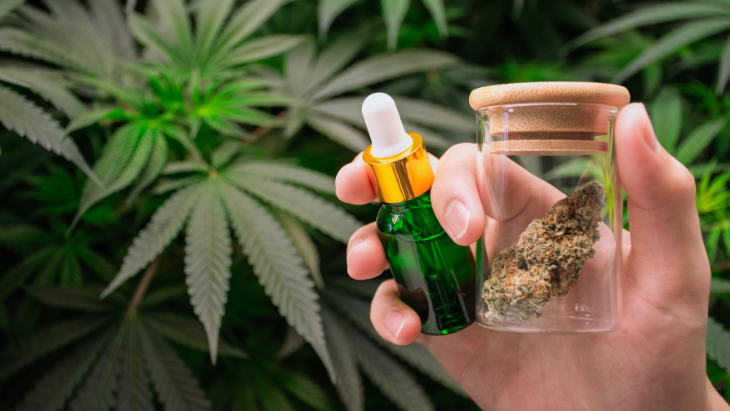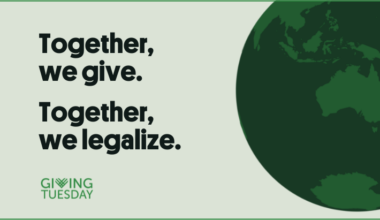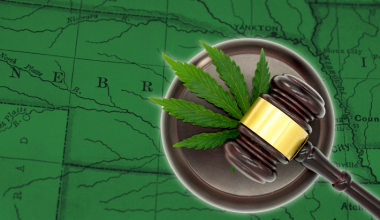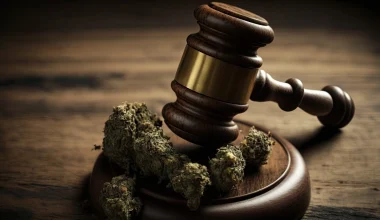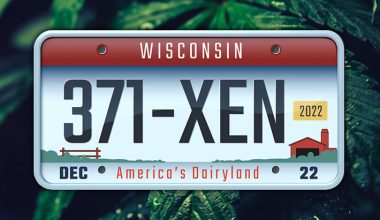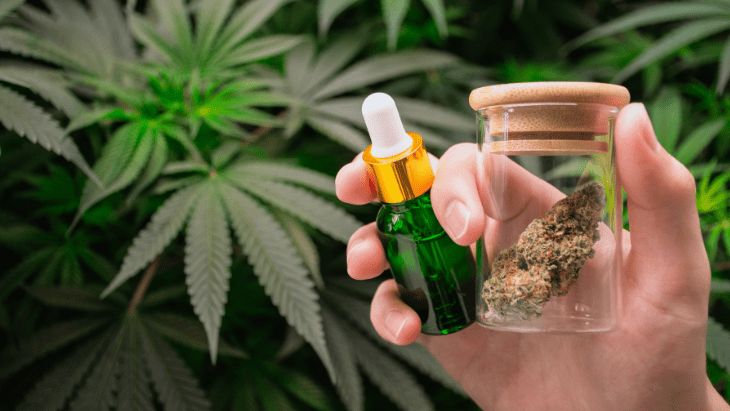
Tribal Council members for the Omaha Tribe of Nebraska have adopted regulations authorizing the use, possession, and sale of cannabis on tribal lands. The Tribe consists of some 6,000 members residing on the Omaha Reservation.
Under the newly adopted Tribal code, which took immediate effect, adults are permitted to possess up to one ounce of marijuana on tribal lands. The law establishes a Cannabis Regulatory Commission to provide rules for the retail production, testing, and sale of cannabis products to Tribal members and visitors. Rules are anticipated to be finalized later this year.
The new code also establishes a pathway for the expungement of prior Tribal cannabis offenses.
“We are asserting our sovereign right to govern, protect our community, and build a sustainable economy that reflects our values,” Tribal Attorney General John Cartier said in a statement. “Title 51 [the Cannabis Regulatory Code] is the most comprehensive and forward-looking cannabis code in the region, that is rooted in our traditions and designed for our future.”
Under Nebraska law, marijuana possession is classified as either an infraction or a misdemeanor, depending on whether the violation is one’s first or second offense. Growing or selling cannabis is classified as a felony offense, punishable by up to 20 years in prison and a $25,000 fine.
Although voters last fall overwhelmingly approved a pair of ballot initiatives legalizing the use and dispensing of medical cannabis, elected officials — including the state’s Attorney General — and regulators have strongly pushed back against them. Earlier this month, regulators selected by Republican Gov. Jim Pillen, adopted emergency rules gutting much of the initiative, including repealing patients’ access to botanical cannabis. In a statement, Tribal Attorney General John Cartier called the state’s existing medical marijuana system “broken.”
“More and more, we see citizens and communities taking marijuana-related matters into their own hands when their elected officials are either unwilling to do so or are unresponsive to what their constituents demand,” NORML’s Deputy Director Paul Armentano said. “Legalizing and regulating cannabis access is a policy issue that is supported by most of the public. Lawmakers who continue to either ignore or undermine this issue can expect to be met with pushback from the public, particularly at the ballot box.”
The Omaha Tribe of Nebraska is the first in the state to enact marijuana legalization. It is among only a handful of Tribes nationwide to advance legalization in a jurisdiction where cannabis is not yet already state-legal.
In September 2023, members of North Carolina’s Eastern Band of Cherokee Indians decided in favor of a ballot measure permitting the use and sale of marijuana on tribal land. The tribe began selling cannabis products to tribal members the following spring and expanded sales to anyone age 21 or older that fall. It is the only federally recognized Tribe engaging in marijuana-related sales in a non-legal state.
In June, members of the Mississippi Band of Choctaw Indians voted in favor of referendum “to decriminalize and regulate possession, production, and distribution of marijuana on Tribal lands.”
During last year’s congressional session, Republican Representative Chuck Edwards introduced federal legislation to withhold certain federal funding from states and tribes that permit the use of marijuana for those age 21 or older.
A press release summarizing the new Tribal code is available online from the Omaha Tribe of Nebraska.
Related
Medical Disclaimer:
The information provided in these blog posts is intended for general informational and educational purposes only. It is not a substitute for professional medical advice, diagnosis, or treatment. Always seek the advice of your physician or other qualified healthcare provider with any questions you may have regarding a medical condition. The use of any information provided in these blog posts is solely at your own risk. The authors and the website do not recommend or endorse any specific products, treatments, or procedures mentioned. Reliance on any information in these blog posts is solely at your own discretion.
